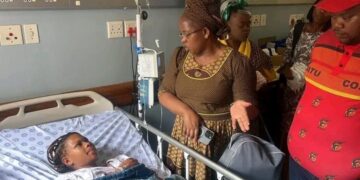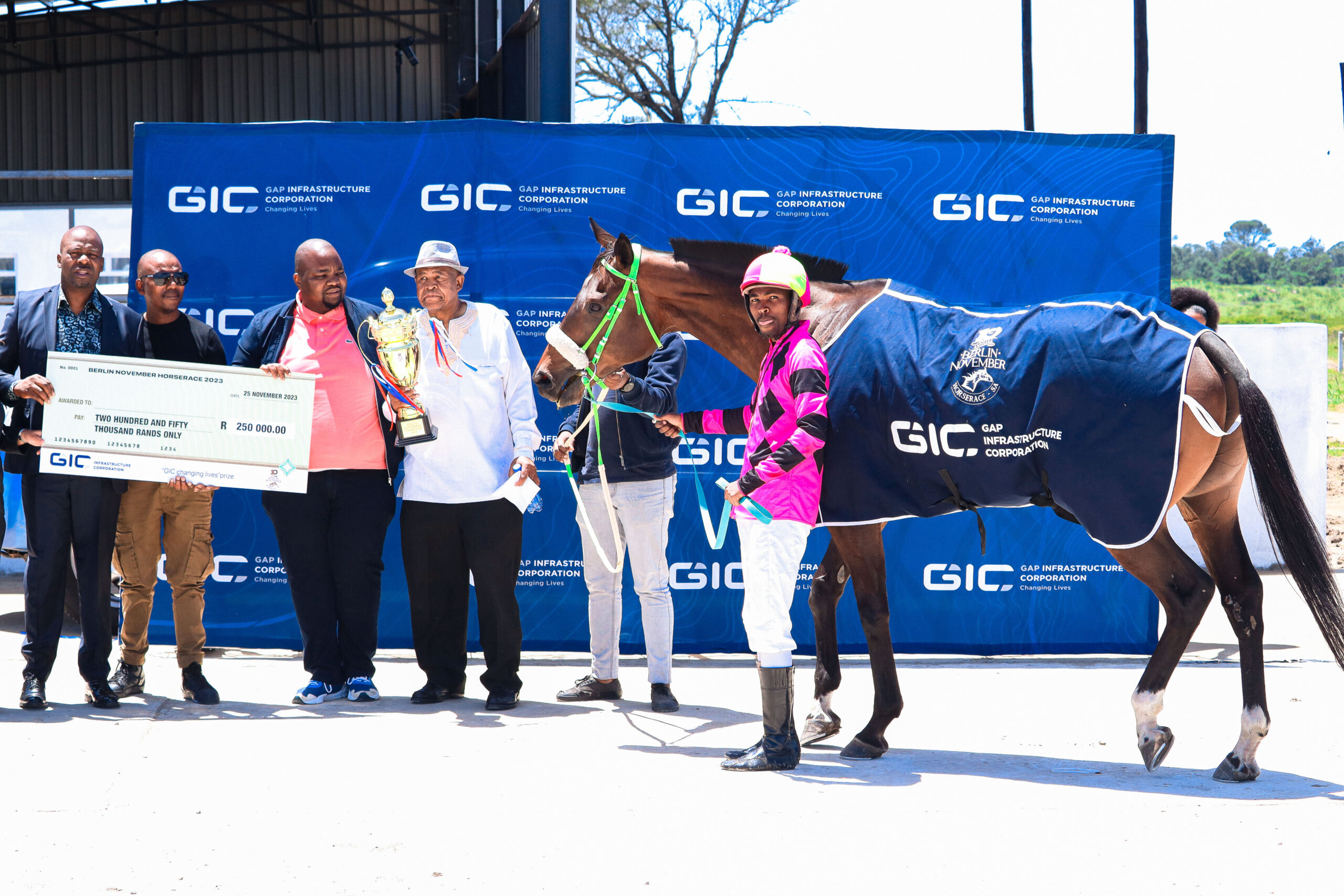MAKHANDA – In a significant legal development, the High Court of South Africa, Eastern Cape in Makhanda, has ruled on the appeal of Sibongile Mani, the Walter Sisulu University (WSU) student who received over R14 million into her student account from the National Student Financial Aid Scheme (NSFAS) and spent more than R800,000 of it. The court’s decision comes after the East London Regional Court’s initial conviction and sentencing in March 2022.
Acting judge of the Eastern Cape High Court in Makhanda, Sally Collett, handed down a suspended sentence grant that she does not commit a similar offense and includes a suspended five-year imprisonment term.
In addition to the suspended sentence, Mani has been ordered to undergo three years of correctional supervision, perform 576 hours of community service without compensation at a community institution, attend regular counseling and rehabilitative programs offered by the Department of Correctional Services, and be monitored by a correctional official delegated by the Head of Community Corrections in Queenstown.
The court’s decision is based on its findings that Mani was fully aware that her actions were unlawful and, thus, demonstrated the intent to commit fraud. Prior to the erroneous R14 million deposit into her account, she had never spent her R1,400 monthly stipend on prohibited items. However, she embarked on a 76-day spending spree, splurging over R800,000 on a wide range of prohibited items, including blankets, nine bath sheets, various men’s shorts, alcoholic drinks, cigarettes,jackets, and handbags. The fact that she spent the money in different towns further reinforced the court’s belief that the theft had been premeditated.
The court also noted that Mani, a student activist who was well-versed in the processes of student financial aid, deliberately committed the theft with full knowledge.
During the trial, Mani chose not to testify, exercising her right to remain silent. Consequently, the court heavily relied on the state’s evidence and version of events, which was ultimately deemed truthful and reliable by both the Regional court and the appeal court.
The judgment marks a significant moment in the legal proceedings surrounding this high-profile case, highlighting the consequences of misappropriating funds intended for student financial assistance.




































































